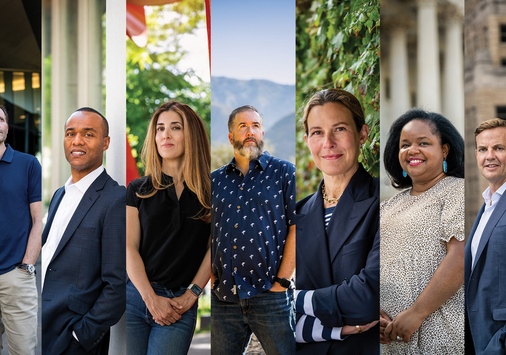In a recent op-ed in Chief Executive, Professor Karen Spierling discusses why we need the liberal arts to achieve stakeholder capitalism.
She notes:
…the world has experienced a global pandemic that has turned business and economies upside-down. This chaos has only intensified the debate about the best model for business, with consulting firms such as McKinsey making the case for switching to a stakeholder approach, and groups such as the Shareholder Equity Alliance dismissing that approach as ineffective if not impossible.
A key issue in this stakeholder/shareholder argument is how people are defining efficiency and what level of complexity they are willing to navigate in pursuing a company’s goals. The stakeholder model requires thinking through impacts on many constituencies — customers, suppliers, employees, shareholders and local communities.
Crucially, there is no single stakeholder model that will work to govern every kind of business in every location. Shifting to stakeholder capitalism requires a willingness to think situationally—to analyze the broad context of a particular enterprise, identify the key stakeholders for that company at that time, and remain willing to revisit that analysis over time.















